Tomato Roma VF OP | 25g
₦6,500.00
Tomato Roma VF OP is a well-regarded variety among farmers and processors for its disease resistance, high yield, and superior quality in processing applications.
Description
Tomato Roma VF OP is a popular open-pollinated (OP) variety known for its excellent quality and suitability for processing.
Here’s a detailed explanation of this variety:
Variety Overview of Tomato Roma VF OP
- Type: Open-Pollinated (OP)
- Growth Habit: Determinate (bush type)
- Maturity: Early to mid-season, typically matures in 75-80 days from transplanting.
- Fruit Shape & Size: Produces elongated, pear-shaped (plum) fruits, usually weighing between 60 to 100 grams.
- Color: Bright red when fully ripe.
Advantages of Tomato Roma VF OP
- Disease Resistance: The “VF” designation stands for resistance to Verticillium Wilt and Fusarium Wilt, two common tomato diseases that can devastate crops.
- High Yield: Capable of producing a large number of uniform fruits per plant, contributing to a high overall yield.
- Good for Processing: The firm flesh, low moisture content, and few seeds make it ideal for processing into sauces, pastes, and canned products.
- Long Shelf Life: The fruits are known for their firm texture, which helps them maintain quality during storage and transportation.
Growing Conditions
- Climate: Thrives in warm climates with full sunlight but can adapt to a range of growing conditions.
- Soil: Prefers fertile, well-drained soil with a pH of 6.0 to 6.8.
- Watering: Consistent watering, particularly during flowering and fruiting stages, is required to avoid blossom end rot and other water-related issues.
- Fertilization: Responds well to balanced fertilization, emphasizing potassium and phosphorus for fruit development.
Cultural Practices
- Planting: Can be grown from direct seeding or transplanted seedlings. Spacing is typically 60-75 cm between plants and 90-100 cm between rows.
- Staking: Although it is a determinate variety, staking or light trellising may be used to support heavy fruit clusters.
- Pruning: Minimal pruning is needed, focusing on removing any suckers and maintaining good air circulation.
Harvesting
- Timing: Fruits are ready for harvest when they achieve full color and firmness. For processing, they can be harvested at the mature green stage if necessary.
- Yield: Average yield ranges from 20 to 30 tons per hectare, depending on cultivation practices and growing conditions.
Uses
- Processing: Primarily grown for making tomato paste, sauces, ketchup, and canning due to its high solids content and low water.
- Fresh Market: Although primarily a processing tomato, it can also be used fresh in salads, cooking, and garnishes.
Additional information
| Weight | 4.5 kg |
|---|

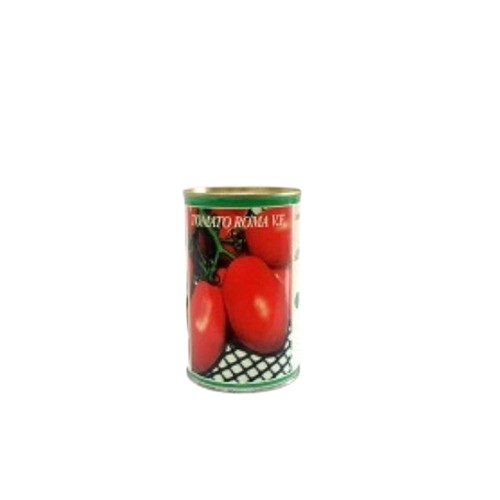
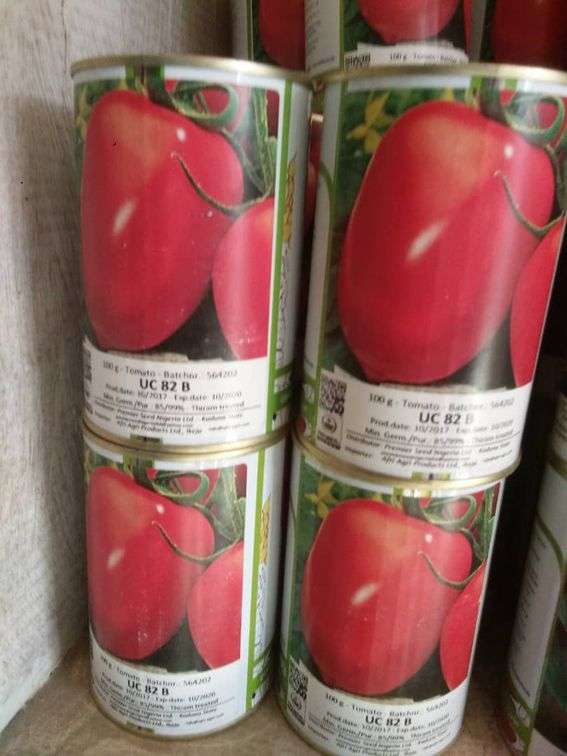
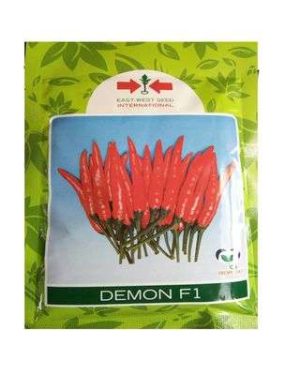
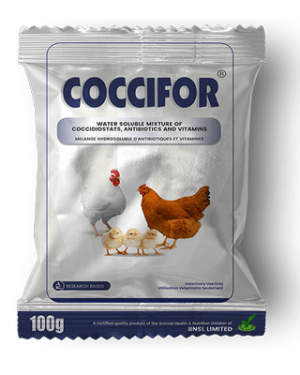
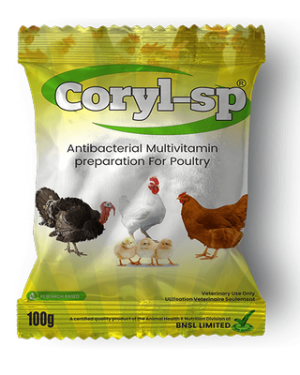
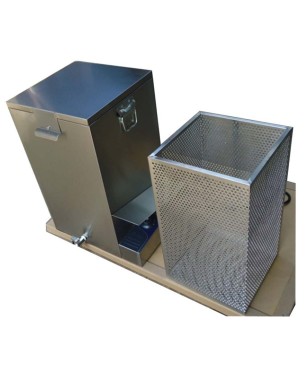


Reviews
There are no reviews yet